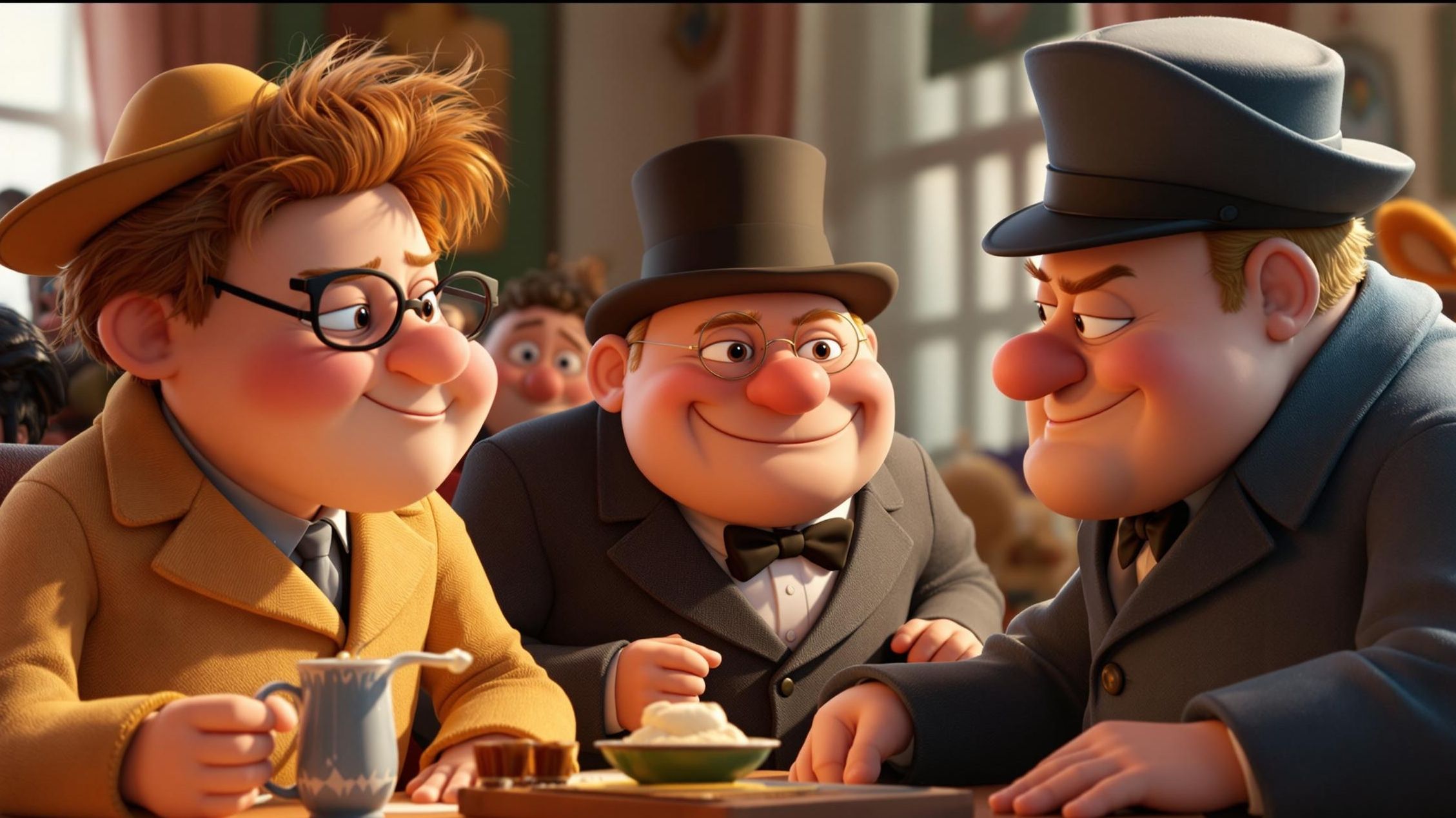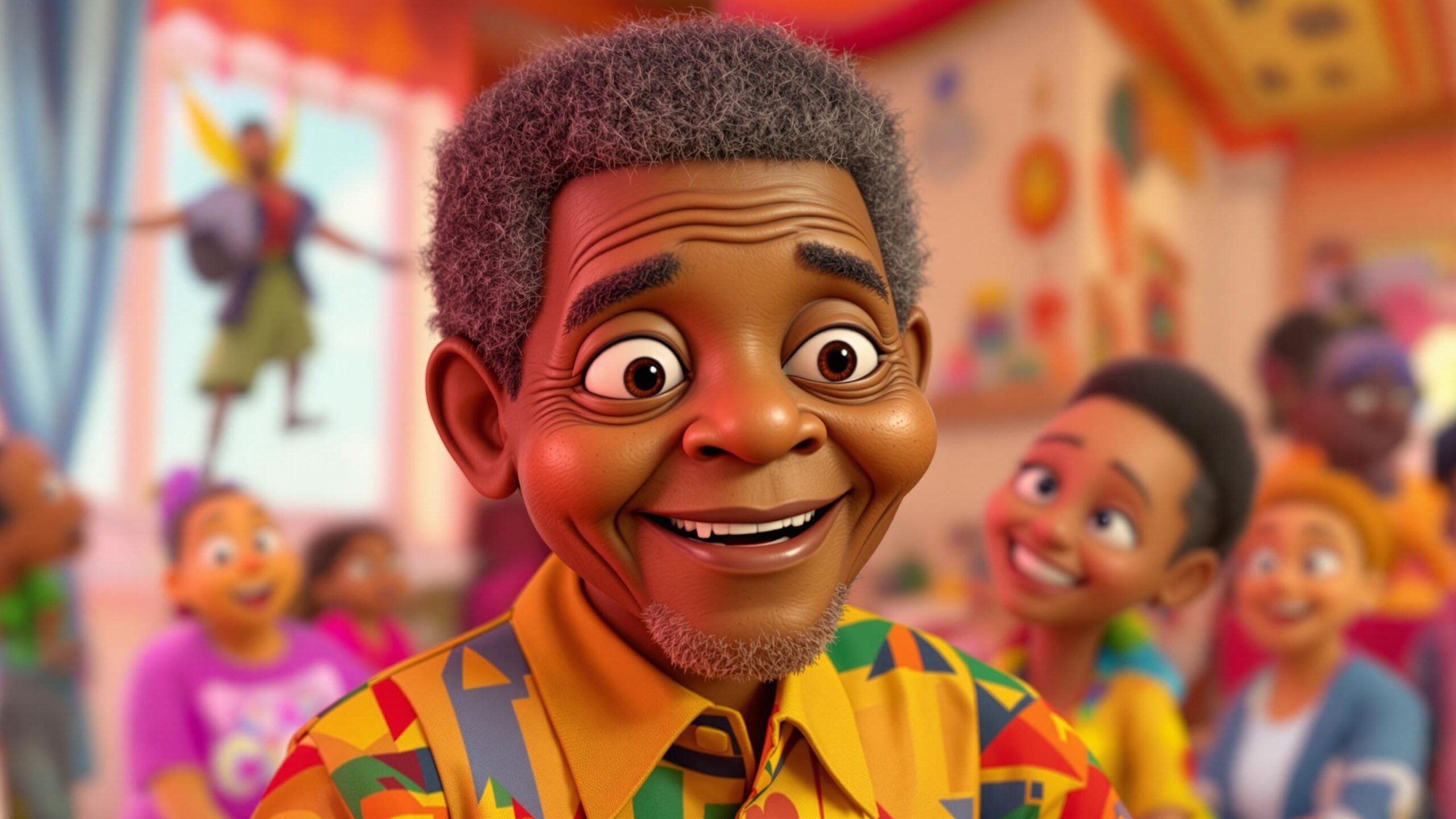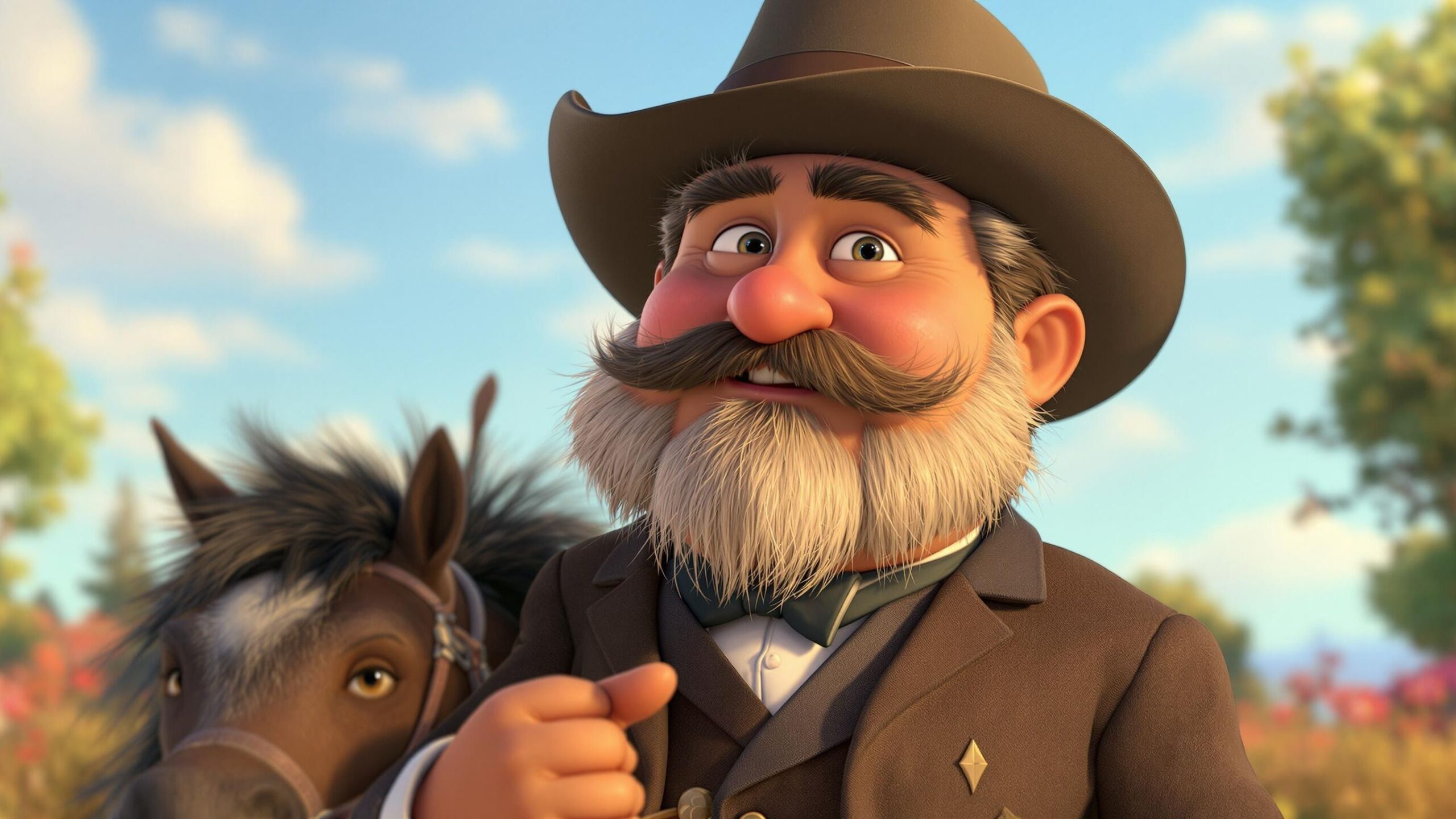When the Bulldog Took the Helm of a Nation on Fire
In May of 1940, while the rest of Europe burned and buckled under the weight of Hitler’s blitzkrieg, a single voice emerged in Britain like the growl of an old lion refusing to retreat. That voice belonged to Winston Churchill. With his gruff cadence, ever-present cigar, and bulldog tenacity, Churchill wasn’t just a new prime minister—he was the fiery heart of resistance against Nazi tyranny. But what many don’t realize is that behind his most iconic speeches and battlefield triumphs lay a series of bold, risky, and controversial decisions that could have easily turned him into a historical cautionary tale rather than the legend we revere today. This is the untold story of those gutsy calls—the ones that defied logic, rattled his allies, shook his enemies, and ultimately saved the free world.
The Decision to Fight Alone—Come What May
When France collapsed and Europe seemed to fall like dominoes under Hitler’s heel, Churchill made what might be his most defiant and audacious decision: Britain would fight on—alone if necessary. While members of his own War Cabinet, including Lord Halifax, were leaning toward peace negotiations with Germany, Churchill thundered the now-famous line: “If this long island story of ours is to end at last, let it end only when each one of us lies choking in his own blood upon the ground.” He rejected appeasement not out of madness, but out of clarity. He knew that peace with Hitler was not peace at all. It was slavery dressed in a handshake. So, against enormous political pressure, he rallied the British people with sheer will and poetic fury. His words became armor, his stubbornness became a shield, and his refusal to yield became Britain’s war plan.
Operation Dynamo: The Dunkirk Gamble
Perhaps no decision better captures Churchill’s courage than his handling of Dunkirk. With over 330,000 British and Allied troops trapped against the sea by German forces, Churchill knew the situation was teetering on catastrophe. But instead of giving up those men as lost, he took the ultimate gamble: he launched Operation Dynamo. He called on every naval vessel, ferry, fishing boat, and civilian craft that could float. Hundreds of “little ships” raced across the English Channel in a desperate evacuation. It was unprecedented. It was unorthodox. And it worked. Over eight days, an armada of courage brought home hundreds of thousands of soldiers who would live to fight another day. Churchill did not call it a victory—he famously said “wars are not won by evacuations.” But he turned what could have been a crushing defeat into a national miracle. He spun survival into pride. And through sheer defiance, he kept the war alive.
Bomb Berlin and Wake the Dragon
When the Luftwaffe began their brutal campaign to bomb British cities during the Blitz, Churchill made another hair-raising decision: strike back—hard. RAF bombers were ordered to hit Berlin, the symbolic heart of the Third Reich. This wasn’t just military strategy; it was psychological warfare. It was the equivalent of punching a tyrant in the face on his own throne. Churchill knew it would provoke retaliation. He knew Hitler would answer tenfold—and he did, unleashing horrific bombings on London and other cities. But Churchill believed it was essential to show the Nazis—and the British people—that Britain could and would hit back. He turned passive defense into active defiance. The move fueled morale at home and sowed the first seeds of doubt in the invincibility of the Nazi war machine.
The “Soft Underbelly” Strategy That Split the War Effort
When the United States finally entered the war in 1941 after Pearl Harbor, Churchill welcomed the partnership with open arms—but not without opinions. As the Allies debated where to strike first in Europe, the Americans leaned toward an immediate cross-channel invasion of France. But Churchill pushed for something different. He advocated an attack on what he called the “soft underbelly” of Europe—Italy and the Balkans. This decision was controversial, hotly debated, and not without consequences. The Italian campaign turned out to be far more grueling than expected. The mountainous terrain and fierce German resistance bogged down the Allies. But Churchill’s reasoning wasn’t purely military—it was also political. He wanted to secure the Mediterranean, prevent Soviet expansion into Southern Europe, and give Britain time to rebuild. While some historians argue it delayed the liberation of France, others credit Churchill’s strategy with weakening Axis power in Europe’s south and setting the stage for D-Day. Bold? Yes. Flawed? Maybe. But quintessential Churchill? Absolutely.
The Daring Decision to Trust Codebreakers
In the shadows of Bletchley Park, British codebreakers were unraveling the secrets of Hitler’s communications using the Enigma machine. Their work was astonishing, complex, and secret to the point of obsession. Churchill was one of the few people in government who truly understood its importance—and he made the bold choice to put enormous trust in this unseen war. He diverted resources, attention, and funding to these hidden mathematicians and linguists, treating them as warriors in their own right. He even authorized missions and troop movements based solely on decrypted intelligence. In doing so, Churchill may have shortened the war by years. And yet, his most agonizing decisions came when he had to ignore that intelligence—like allowing the bombing of Coventry to proceed unimpeded so as not to reveal the secret of Ultra. These were moral minefields, impossible to navigate without a heart of steel and a mind clear on long-term consequences.
Standing with Stalin—Dancing with the Devil
In wartime, allies are not always friends. Churchill’s decision to work with Joseph Stalin, the ruthless Soviet dictator, was one of political necessity. After Germany invaded the Soviet Union in 1941, Churchill offered immediate support, famously stating, “If Hitler invaded Hell, I would at least make a favorable reference to the Devil in the House of Commons.” Working with Stalin meant compromising values, biting his tongue, and negotiating with one of history’s most brutal men. But Churchill did it because he knew defeating Hitler was the ultimate goal. He poured weapons, aircraft, and supplies into the USSR through the Arctic convoys, keeping the Eastern Front alive at tremendous cost. It was a gamble that worked. The Soviet counteroffensive would break the Nazi war machine from the east, paving the way for Allied success in the west. But Churchill’s decision to trust Stalin—even temporarily—remains one of his most controversial moves.
The Burma Campaign and a Battle for Empire
While much of the world’s attention was fixed on Europe, Churchill was grappling with another major front: the Far East. Japan was sweeping through Asia, and British colonies like Burma were under direct threat. Churchill made the bold move to prioritize India and the defense of its border, even as critics accused him of imperial obsession. He appointed the tough-as-nails General William Slim and supported unconventional tactics to halt the Japanese advance. The Burma Campaign became one of the most grueling jungle battles in modern history—but Churchill’s decision to stand firm in Southeast Asia kept a major part of the Empire from collapse and helped protect key Allied supply lines into China. Though his views on empire were increasingly out of step with the world that would follow, Churchill’s wartime decisions in Asia showcased his ability to fight on multiple fronts—and win.
Atomic Gambles and Future Consequences
In the final chapters of the war, Churchill faced decisions that would shape not just victory, but the world to come. He supported the top-secret Manhattan Project with American scientists, understanding the potential of atomic power before most others did. Though Britain lacked the industrial might to develop such a weapon alone, Churchill’s foresight secured Britain’s involvement and ensured a place at the nuclear table. He also had to decide how to respond to the dawn of the nuclear age once the bombs were dropped. He was no pacifist, but he knew power when he saw it—and he urged caution, diplomacy, and preparedness for a world changed forever.
Yalta and the Last Great Chess Match
At the Yalta Conference in 1945, Churchill, Roosevelt, and Stalin met to decide the post-war shape of the world. Churchill, now aged and exhausted, had to make some of his most nuanced and high-stakes decisions. With Soviet troops already entrenched in Eastern Europe, Churchill tried desperately to preserve democracy in Poland and resist the tide of communism. He negotiated. He pleaded. He compromised. The result was bittersweet: the war would end, but the Cold War would begin. Some say Churchill lost at Yalta. Others say he salvaged what he could from a broken map and a fragile peace. But no one denies he played the game with everything he had left.
A Legacy Written in Fire and Grit
What makes Churchill’s wartime decisions so riveting isn’t just the scale—it’s the style. He made bold, unconventional choices not out of recklessness, but out of necessity and vision. He understood the value of drama, the importance of morale, and the strange magic of words when backed by action. He gambled, he failed, he triumphed—and he never, ever gave up. Even after being voted out of office in 1945, Churchill remained a titan of world affairs. His warning about the “Iron Curtain” solidified his role as a prophet of the Cold War. And when he returned to office in 1951, it was proof that his voice still mattered. But his most enduring legacy is the memory of a man who, when the world was at its darkest, dared to speak with light.
The Power of One Man’s Will
Winston Churchill didn’t win World War II alone. Millions of soldiers fought, millions died, and millions more struggled and sacrificed in every corner of the globe. But Churchill’s decisions—his refusal to bow, his unrelenting drive, and his unshakable belief in victory—acted as the glue that held a fragile alliance together and the spark that reignited a nation’s fighting spirit. The untold story of Churchill’s boldest wartime decisions reveals more than just strategy or speeches. It reveals a leader who understood that sometimes, history turns not on certainty, but on courage. Not on consensus, but on conviction. When the world needed resolve, he offered roar. When it needed steel, he gave iron. And when it needed someone to say, We shall never surrender—he said it, meant it, and proved it. The bulldog never let go. And because of that, freedom never did either.




